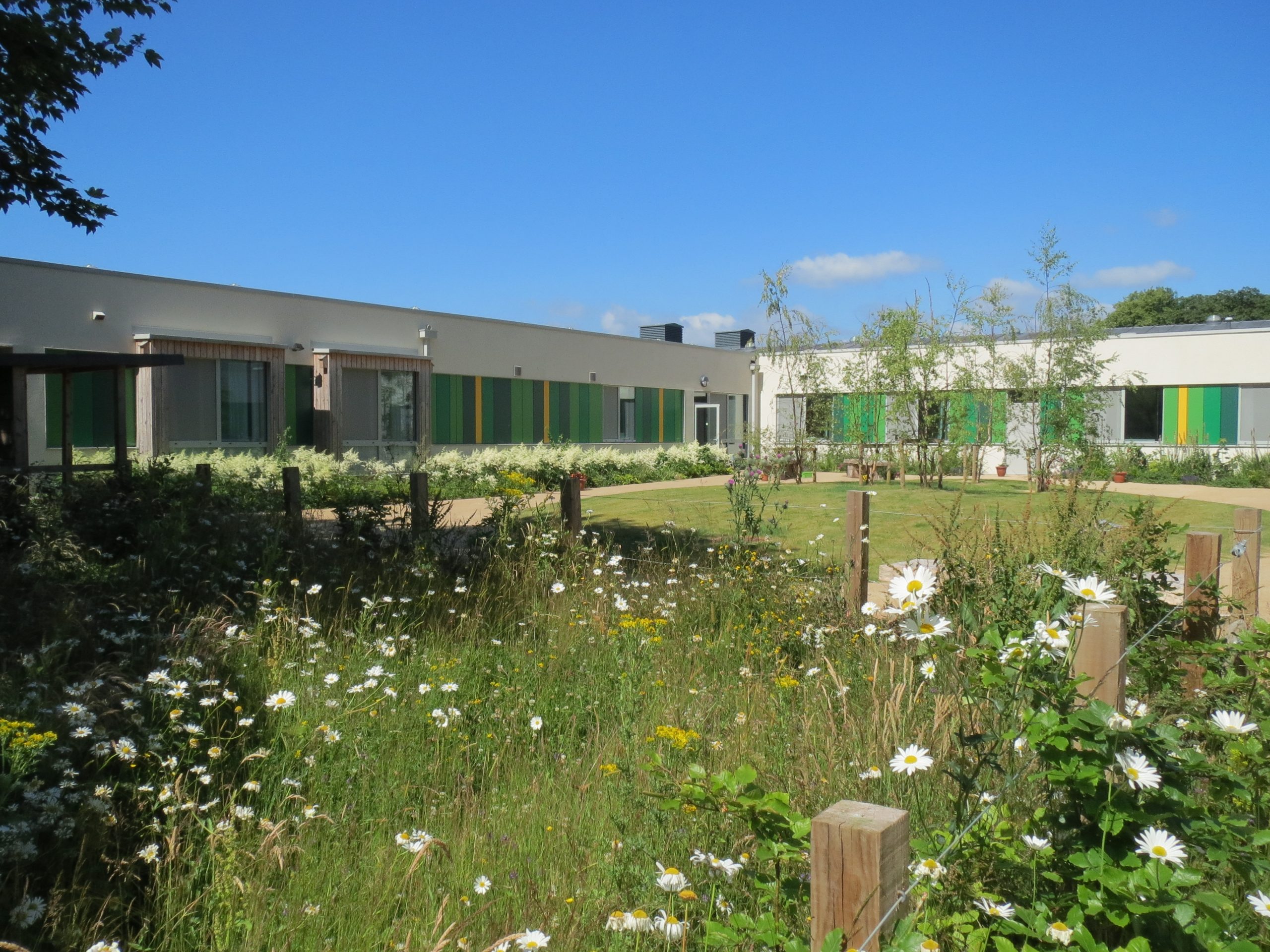We use some essential cookies to make this website work.
We’d like to set additional cookies to understand how you use forestresearch.gov.uk, remember your settings and improve our services.
We also use cookies set by other sites to help us deliver content from their services.

NHS Greenspace in Scotland is being developed through a series of demonstration projects at different hospital sites. Staff, patients, visitors and local communities are the beneficiaries of improvements to NHS Greenspace.
Adaptive forest management is a systematic process for continually improving forest management, in conditions of complexity and uncertainty, by learning from the outcomes of experiments and operational practice. Adaptive management has often been proposed as a suitable approach for dealing with uncertainty and complexity in natural systems, particularly in relation...
Understanding problems and solutions to forest-based entrepreneurship
This page summarises Forest Research’s research and policy review and comprehensive inventory of evidence and practical programmes to develop greenspace in urban/peri-urban regeneration, place-making and place-shaping.
This page is about Forest Research’s joint seminar with Lancashire Constabulary, CABE Space and English Nature to understand how fears of anti-social behaviour and personal safety affect public use of woods, forests and open spaces.
This page summarises findings from Forest Research’s study into the perceptions and attitudes of children and young people to climate change.
This page summarises the main findings established through seminars on policy, practice, research and promotion in the field of health and well-being from woodlands and natural spaces.
This page summarises findings from Forest Research’s studies to explore what motivates people to set fires and to assess and test prevention strategies.
The page summarises Forest Research’s evaluation of TreeGeneration, a project to support and promote urban tree planting in Wrexham and Flintshire.
This page summarises Forest Research’s study of Hill Holt Wood as a social enterprise providing community involvement, training and education.
This page summarises Forest Research’s evaluation of the Neroche Landscape Partnership Scheme.
This page is summarises Forest Research’s review of the latest research and practice regarding behaviour and behavioural change.
Cookies are files saved on your phone, tablet or computer when you visit a website.
We use cookies to store information about how you use the dwi.gov.uk website, such as the pages you visit.
Find out more about cookies on forestresearch.gov.uk
We use 3 types of cookie. You can choose which cookies you're happy for us to use.
These essential cookies do things like remember your progress through a form. They always need to be on.
We use Google Analytics to measure how you use the website so we can improve it based on user needs. Google Analytics sets cookies that store anonymised information about: how you got to the site the pages you visit on forestresearch.gov.uk and how long you spend on each page what you click on while you're visiting the site
Some forestresearch.gov.uk pages may contain content from other sites, like YouTube or Flickr, which may set their own cookies. These sites are sometimes called ‘third party’ services. This tells us how many people are seeing the content and whether it’s useful.